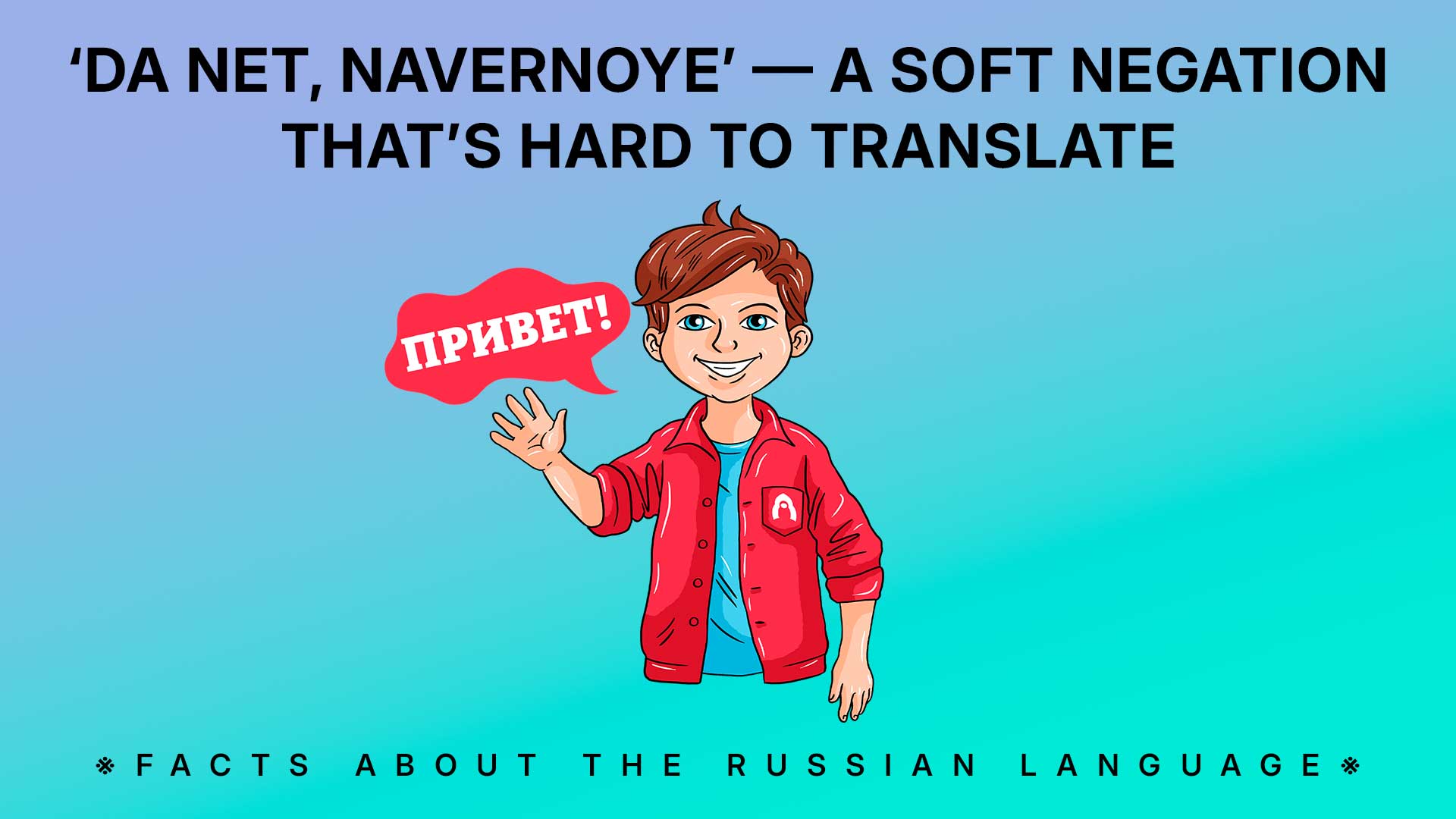
Why foreigners struggle with Russian verbs

Prefixes
Some of the most difficult things in the Russian language for foreigners are verbs. And especially challenging are situations that require choosing the right prefix to form said verb:
- читать – прочитать (read)
- писать – написать (write)
Aspects
Another, separate pain for those learning Russian are the verb types (aspects), perfective or imperfective.
“Foreigners can’t determine the type of verb on the question of ‘что делать?’ / ‘что сделать?’ how Russian-speaking schoolchildren do,” writes Gramota.ru, quoting philologist Natalia Tatarinova.
“Therefore, students have to memorize specific pairs, in order to designate an action as in process (‘я читал книгу два часа’ – ‘I read the book for two hours’) or as completed (‘я прочитал книгу’ – ‘I’ve read the book’).”
Tense form of verbs
The difficulty also arises because there are several ways to form specific pairs:
- Adding a prefix (писать – написать),
- Changing a suffix (решать – решить)
- Moving a stress: (насыпа́ть – насы́пать)
- Using another root of the word (говорить – сказать).
The verb aspect has a connection with the tense in which it can be used (perfective verbs don’t have a present tense form).

Formally, there are only three tenses in the Russian language: past, present and future. But, to explain the diversity of verb forms, famous linguist Viktor Vinogradov identified seven tenses in the Russian language:
- present perfect
- past imperfect
- past perfect
- past tense of instantaneous-arbitrary action
- descriptive form of future imperfect
- imperfect present tense form
- perfect present&future tense form
Temporal correlation is important when using not only verbs, but also participles and adverbs and it’s easy to make a grammatical mistake.
Motion verbs
Many foreign students have problems with motion verbs. It's hard to understand the difference between:
- я иду в библиотеку
- я хожу в библиотеку
- я пойду в библиотеку
- я пойду схожу в библиотеку
- я схожу в библиотеку… and so on
While everything in English is translated the same: “I’ll go to the library.”
For example, students from Myanmar find the verbs ‘прилететь’ (to arrive by plane) and ‘приплыть’ (to arrive by water) strange when applied to people, because, in Burmese, they will be constructions like “We came by plane” and “He came by boat”.
Many people also often confuse the verbs ‘ходить’ (to go) and ‘гулять’ (to walk). Instead of the correct version: “Я хожу в университет” (“I go to the university”), they say: “Я гуляю в университет” (“I walk to the university”). And, instead of: “Я сейчас гуляю с друзьями” (“I'm walking with friends right now”), they say: “Я сейчас хожу с друзьями” (“I'm going with friends right now”).












